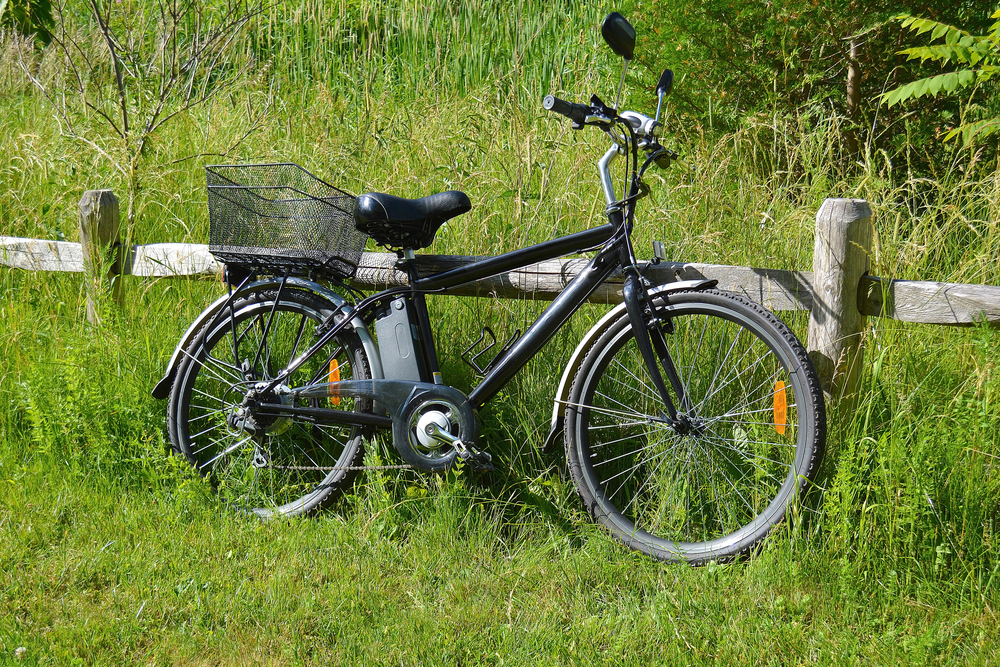“Thousands of e-bikes disappear abroad every month”, police say

Police estimate that thousands of stolen electric bikes find their way to Eastern Europe every month as organised gangs target schools and shopping centres.
“Gangs are clearly opting for the more expensive, electric bikes instead of ordinary bikes. These typically cost between €2,000 and €2,000 to buy new and are more lucrative to sell on. With five million electric bikes on the road and counting, this is a Walhalla for bike thieves,” René Middag of the police unit Mobiel Banditisme told the Telegraaf.
The gangs are dodging border controls by falsifying frame numbers and papers, Middag said, but “alarm bells go off if when officials see a transit van packed to the gills.” Thieves are particularly interested in Dutch brands such as Stella, Gazelle and Sparta.
Police urge e-bike owners to always make a note of the serial or frame number of their bike to help with detection should their two-wheeler be stolen.
More and better locks and fastening the bike to a gate or lamp post will also deter thieves, Middag said.
“They drive their transit van to schools, shopping centres or sports clubs and other busy locations and snatch five or six bikes in a couple of minutes. Standard locks are child’s play for them. It’s not for nothing that insurers recommend extra locks and chaining the bike to a gate. When thieves see that, they will go for an easier target,” he said.
E-bike shops, too, will have to secure their electric bikes as burglaries are increasing too, he said.
Police are having trouble getting a handle on the gangs because they constantly move around. The bikes are taken to hubs from where they are transported across the border, in “well-organised operations”.
Earlier this year three Polish gang members who made some €400,000 from stealing e-bikes to order, appeared in court and were given custodial sentences of 16, 15 and 10 months. The public prosecution office had demanded sentences of up to five years.
Thank you for donating to DutchNews.nl.
We could not provide the Dutch News service, and keep it free of charge, without the generous support of our readers. Your donations allow us to report on issues you tell us matter, and provide you with a summary of the most important Dutch news each day.
Make a donation